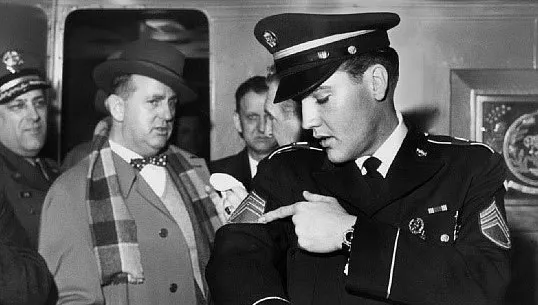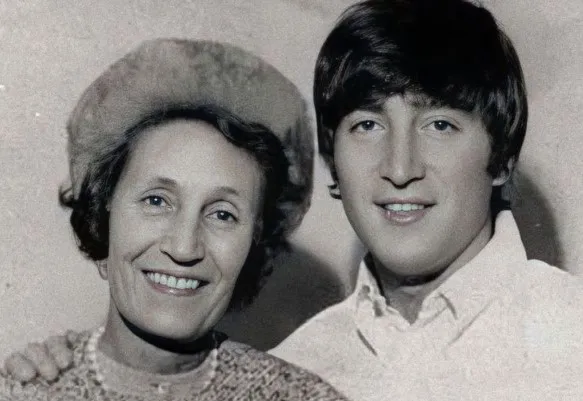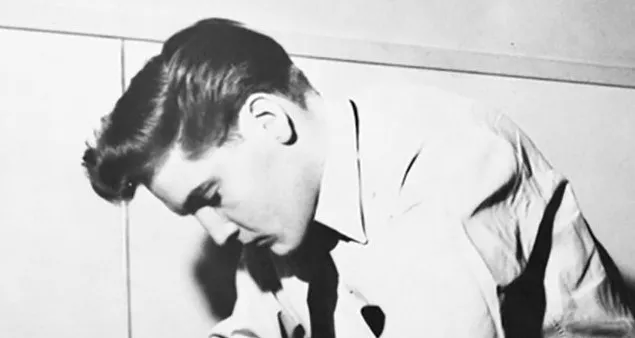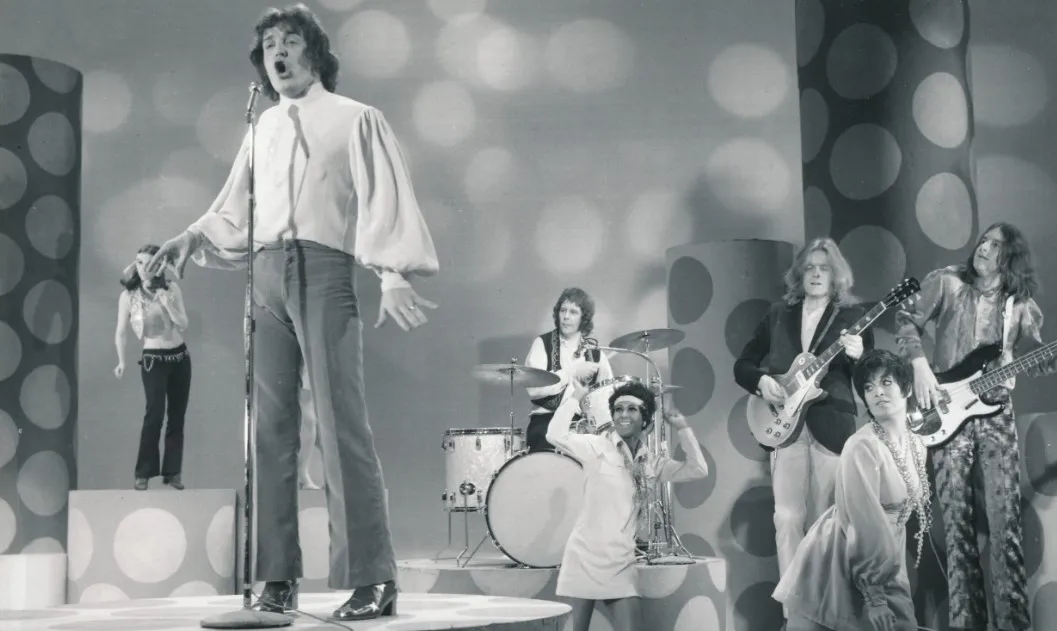John Lennon was known for his provocative statements, but one of the most striking came in his song "God" from his 1970 solo album John Lennon/Plastic Ono Band. In this song, Lennon sings the chorus, “I don’t believe in Beatles, I just believe in me.” This declaration, both startling and profound, marked a significant moment in Lennon’s life and career, symbolizing his break from the past and the mythologized image of The Beatles.
The Context: The End of The Beatles
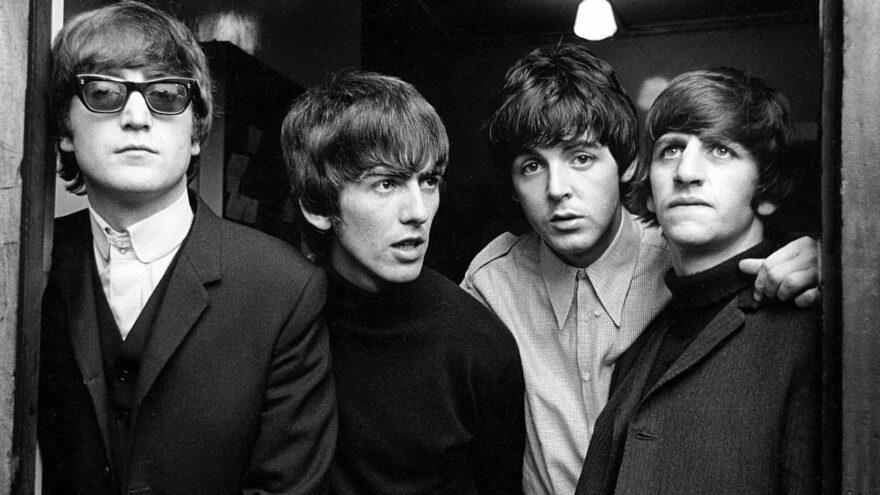
By the time Lennon recorded "God," The Beatles were no more. The band officially disbanded in April 1970, though the cracks had been showing for years. The pressures of fame, creative differences, and personal conflicts had taken their toll on the band members, leading to a gradual dissolution of the group that had once been the biggest in the world.
For Lennon, this was not just the end of a band; it was the end of a significant chapter in his life. The Beatles had been his identity for over a decade, shaping his public persona and dominating his personal life. But as the 1960s came to a close, Lennon found himself increasingly disillusioned with the band and the intense scrutiny that came with being a Beatle.
The Beatles were more than just a band; they had become a cultural phenomenon, a symbol of an entire generation. This mythologizing of The Beatles as almost superhuman figures troubled Lennon. He felt trapped by the expectations and the image that had been created around him and his bandmates. The pressures of being a global icon weighed heavily on him, leading him to seek a way to redefine himself outside of The Beatles.
The Song "God": A Statement of Personal Liberation
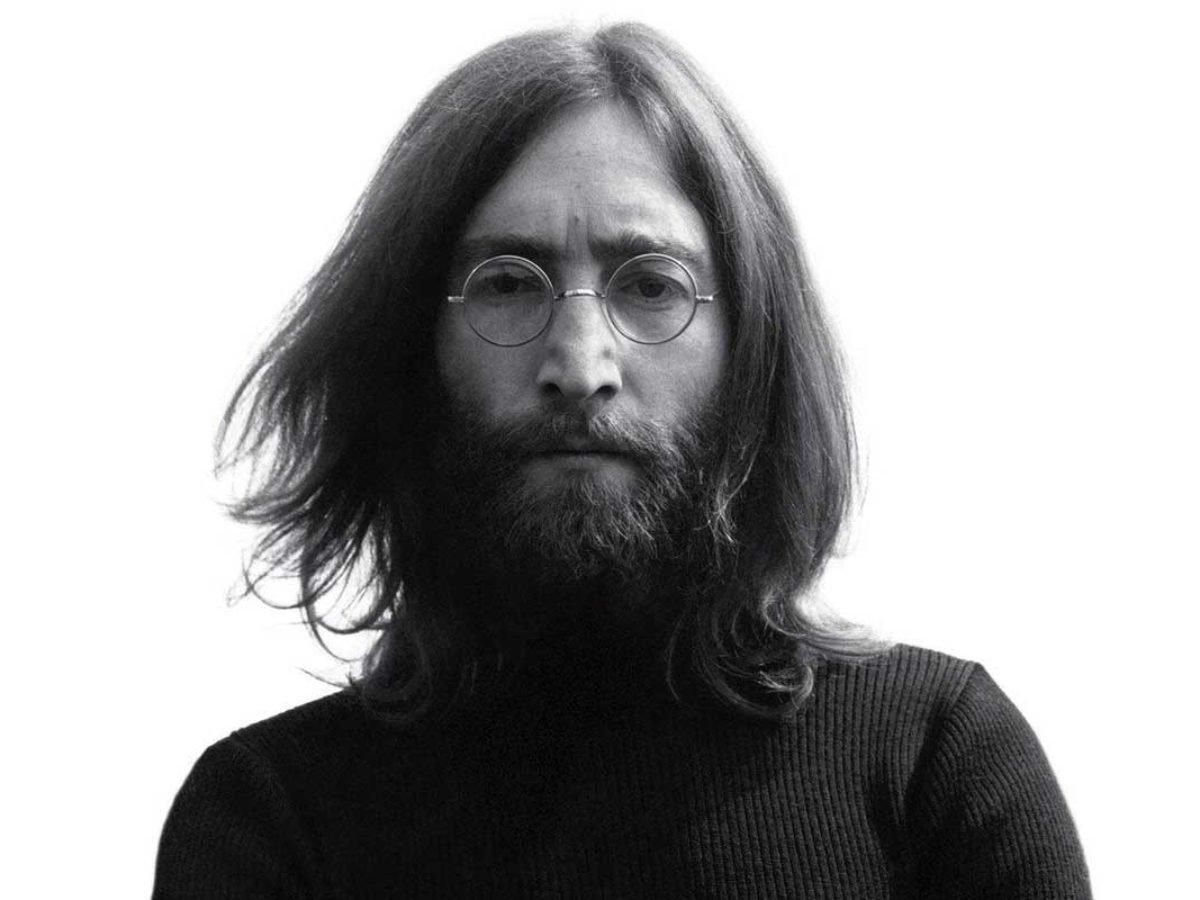
"God" is one of the most introspective and revealing songs Lennon ever wrote. The song is structured as a litany of disbeliefs, where Lennon lists various things he no longer believes in, culminating in the line, “I don’t believe in Beatles.” The song then shifts to the statement, “I just believe in me. Yoko and me. And that’s reality.”
The list of things Lennon declares disbelief in includes religious figures, cultural icons, and ideologies—everything from the Bible to Elvis Presley, from yoga to Zimmerman (a reference to Bob Dylan). Each declaration is a rejection of the external influences and the false idols that had shaped his life up to that point.
When Lennon says, "I don’t believe in Beatles," it is the most shocking and impactful of all his rejections. For many fans, The Beatles represented hope, love, and a new way of thinking about the world. But for Lennon, The Beatles had become a burden, a symbol of the pressures and expectations that had constrained his true self.
"Just Believe in Me": John Lennon’s Journey of Self-Discovery
The phrase “I just believe in me” is central to understanding where Lennon was at this point in his life. After years of being part of a group, Lennon was asserting his independence, both as an artist and as an individual. The mention of Yoko Ono, his wife and creative partner, emphasizes the importance of their relationship in his life and his desire to find a sense of identity outside of The Beatles.
Yoko Ono had been a significant influence on Lennon since they met in the late 1960s. Their relationship was deeply controversial, often blamed for contributing to the breakup of The Beatles. However, for Lennon, Yoko represented a new way of thinking, a break from the past, and a partner with whom he could explore his creativity and his sense of self.
By stating that he believed only in himself and in Yoko, Lennon was making a powerful statement about personal freedom and the importance of self-identity. He was rejecting the myth that had been built around him as a Beatle and asserting his right to define his own life on his own terms.
Breaking Free from the Past: Lennon's Evolution

The decision to declare that he didn’t believe in The Beatles was not just about the band; it was about everything that being a Beatle represented. For Lennon, The Beatles had become a symbol of the past, a past that he was eager to move beyond. He had grown tired of the pressures of fame, the expectations of fans, and the limitations that came with being part of a cultural phenomenon.
Lennon’s need to break free from The Beatles can also be seen in his other work during this period. His solo career was marked by a raw, unfiltered approach to songwriting, where he explored his deepest fears, insecurities, and desires. Songs like "Mother" and "Working Class Hero" showcased a side of Lennon that had been hidden during his time with The Beatles—an artist who was unafraid to confront the darker aspects of his life and his psyche.
By rejecting The Beatles, Lennon was not denying the importance of the band or the impact it had on his life. Instead, he was acknowledging that he needed to move on, to find a new direction that was true to who he had become. The Beatles had been an integral part of his life, but they no longer defined him.
The Impact of Lennon's Statement: Fans and Public Reaction

When "God" was released, the line "I don’t believe in Beatles" sent shockwaves through the music world. Fans who had idolized Lennon and The Beatles were confronted with the reality that the band was over and that one of its founding members had distanced himself from the very thing that had made him famous.
The reaction was mixed. Some fans were devastated, feeling as though Lennon had turned his back on everything The Beatles had stood for. Others saw it as a brave and honest declaration of independence, a sign that Lennon was willing to speak his truth, no matter how uncomfortable it might be for others.
In the years since the release of "God," Lennon’s statement has come to be seen as a defining moment in his career. It marked the beginning of a new chapter for Lennon, one where he was free to explore his creativity without the constraints of being a Beatle. It also set the tone for his solo career, where he continued to push boundaries and challenge the status quo.
The Legacy of "Just Believe in Me": John Lennon's Enduring Influence
John Lennon’s declaration that he didn’t believe in The Beatles was not just a rejection of the band; it was a statement of personal liberation and self-belief. By choosing to believe only in himself and in his relationship with Yoko Ono, Lennon was asserting his right to define his own life and his own identity.
This message of self-belief and personal freedom has resonated with generations of fans and continues to be an essential part of Lennon’s legacy. His willingness to speak his truth, no matter how controversial, has made him a symbol of artistic integrity and personal authenticity.
In the end, Lennon’s decision to say, "I don’t believe in Beatles, I just believe in me," was about more than just music. It was about finding the courage to break free from the past and to live a life that was true to himself. For Lennon, this meant letting go of the myth of The Beatles and embracing the reality of who he was and who he wanted to become.
